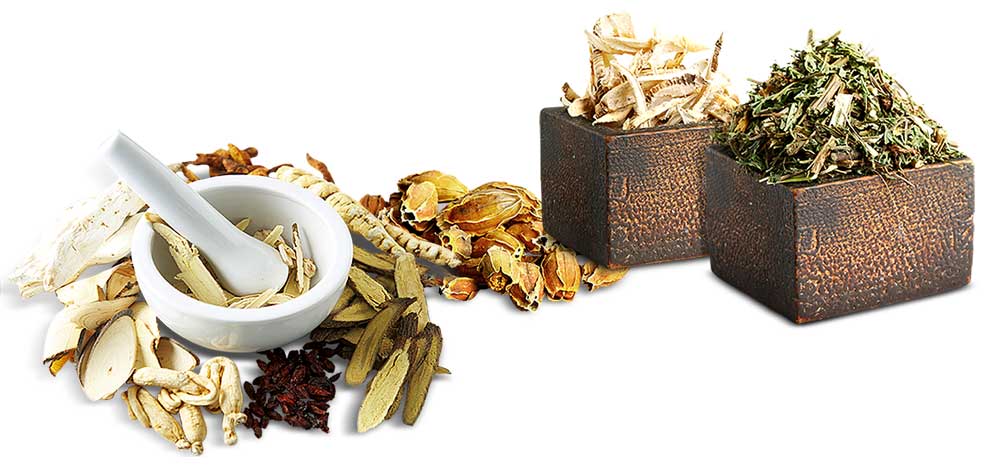Herbal Supplements for Frequent Urination or Overactive bladder
Frequent urination, or urinary frequency (pollakiuria), is the need to urinate more often than usual

Frequent urination, or urinary frequency (pollakiuria), is the need to urinate more often than usual.
Frequent urination can be caused by many diseases that affect the urinary tract at any level. The urinary tract includes the kidneys, the tubes connecting the kidneys to the bladder (ureters), the bladder, and the duct through which urine flows from the bladder out of the body (urethra).

The urinary tract includes the kidneys, the tubes connecting the kidneys to the bladder (ureters), the bladder, and the duct through which urine flows from the bladder out of the body (urethra). |
◆ How often do you go to the toilet to pass urine?
◆ You feel you have to urinate more frequently than usual.
◆ How many times do you get up at night to pass urine?
◆ You feel you need to urinate even though you just urinated.
◆ Is it painful or uncomfortable when you pass urine?
How Often Should You Pee?
As with many things in life, everyone’s normal urinary frequency is different. Usually, for most people, the normal number of urination per day is between 6 – 7 in a 24 hour period. Between 4 and 10 times a day can also be normal if that person is healthy and no other uncomfortable Symptoms. During sleep at night, less than 2 times of urination is normal. Normal urinary frequency also depends on how much fluid to drink in a day and the types of fluid.
| Urination times | Normal |
|---|---|
| 6-7 per day (24 hr) | Normal |
| 0-2 per night | Normal |
| 10 times< per day | Frequent Urination |
| 2 times < per night(after sleep) | Frequent Urination |
Several factors or diseases may be linked to frequent urination, such as:
- Prostatitis (infection or inflammation of the prostate)
- Urinary tract infection (UTI)
- Injury or irritation of the bladder
- Changes in muscles, nerves or other tissues affecting bladder function
- Anxiety disorders
- Increased pressure on bladder (pregnancy, obesity)
- Caffeine
- High sugar diet
- High dose supplemental vitamin C
- Diuretics
- ACE Inhibitors
- Calcium channel blockers
- Antidepressants
- Hormone Replacement Therapy
- Benzodiazepines
Symptoms
- Need to pee more frequently
- Frequent need to urinate during nighttime
- Pain or discomfort during urination
- A strong urge to urinate
- Weak stream while urinating
- Difficulty urinating
- Loss of bladder control
- Unusual urine color
Herbal Supplements for Frequent Urination or Overactive bladder
The data from World Health Organization shows that 80% of the population in the world uses herbal medicine for some aspect of primary health care. About 70% women use herbal supplements, exercises and behavioral therapies to help manage their urinary symptoms and obtained the satisfied results.

Friendly remind: always consult with your doctor or practitioner before taking any herbal supplements. Getting the best results with herbal medicine involves taking the right herb for your individual needs. |
hachimi-jio-gan (ba-wei-di-huang-wan)
A study from Japan on animal tissue demonstrated that it eased bladder muscle contractions.
Ingredient
Rehmania, yam, dogwood (wine burnt), poria, peony peel, zeppelin, laurel branch, aconite (made).
Functional indications
Warm tonic kidney yang, dissolve qi and water. It is used for renal deficiency edema, waist and knee soreness, unfavorable urination, cold limbs.
Gosha-jinki-gan (jì shēng shèn qì wán)
Researchers found that this remedy may work by stopping nerve signals to the bladder.
Compose
Radix Rehmanniae, Radix Achyranthis, Corni Fructus, Moutan Cortex, Rhizome Alismatis, Rhizoma Dioscorea, Plantaginis Semen, Hoelen, Aconiti Tuber (processed), Cinnamomi Cortex
Function
Warm the kidneys and dissolve qi, water and swelling.
Attending
Renal yang insufficiency, renal deficiency edema caused by water wetness, waist and knee fatigue, unfavorable urination, phlegm drinking cough and wheezing.
Other remedies or herbs may also contribute to regulate urination such as Buchu (Barosma betulina), Crataeva (Crataeva nurvala), Mullein (Verbascum Thapsus), Horsetail (Equisetum arvense).












Comments
Nothing yet.